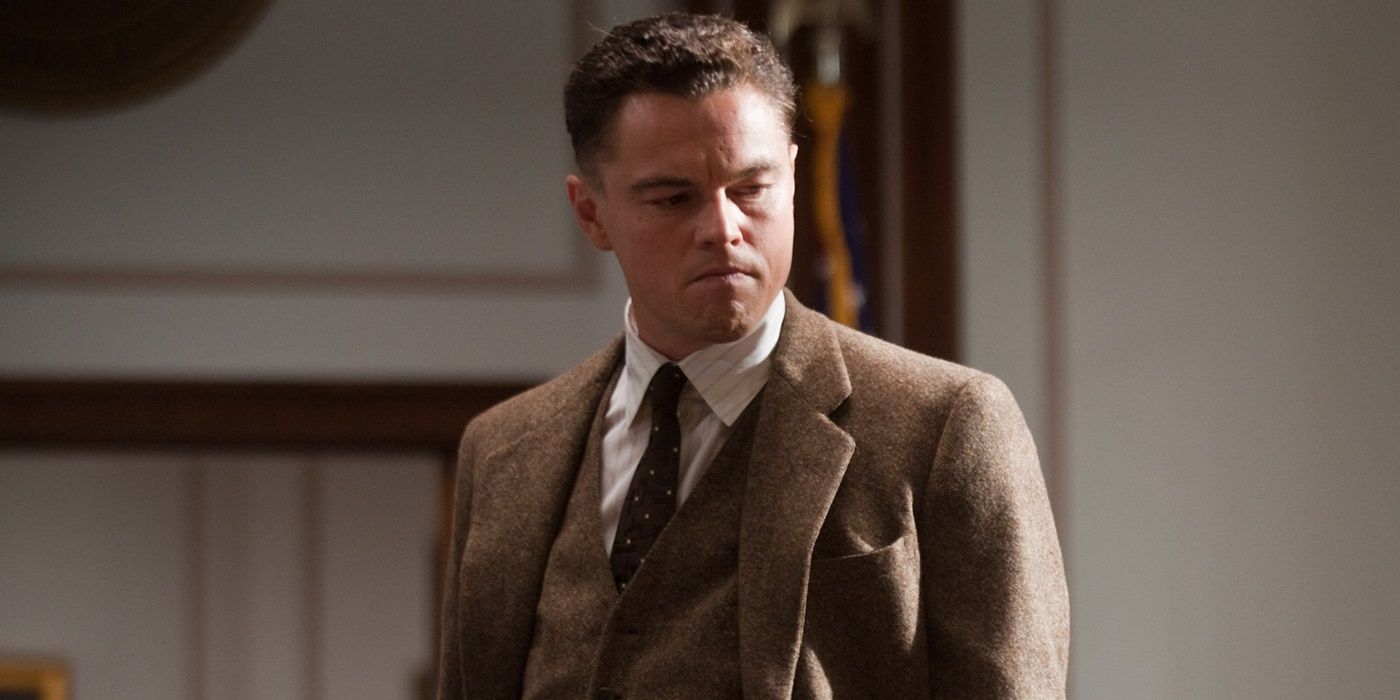This Is the Film Leonardo DiCaprio Described as the "Most Challenging" of His Career

Leonardo DiCaprio is not just dabbling in the role of an actor; he’s diving into the deep end, swimming with the sharks, and occasionally dining on raw animal meat—because, you know, *method acting*. From his grimy trek through the wilderness in The Revenant to mastering a South African accent in Blood Diamond, Leo has elevated commitment to an art form. If you had a calendar marked with all of his physical transformations (should we dare call it a Leonardo Diet?), you’d need a calendar just for that.
In the grand cinema stage where the best directors parade like it’s the Oscars every day, it’s hardly a shock that DiCaprio snatched the chance to work with none other than Clint Eastwood. Oh, the reviews for J. Edgar? Mixed, like the contents of my fridge after a long week—an odd assortment of leftovers that could either be a culinary delight or a questionable choice. However, DiCaprio himself has dubbed this role playing the infamous J. Edgar Hoover as the single “*most challenging*” endeavor of his illustrious career. And who wouldn’t find playing the head of the FBI during its heyday a wee bit daunting?
Now, let’s unpack J. Edgar, shall we? If you thought you knew who Hoover was—think again. This film takes a magnifying glass to the man behind the curtain, revealing the prickly relationship he had with his mother (played by the ever-indomitable Judi Dench) and a rather extended romance with his co-worker Clyde (the charming Armie Hammer, whose surname sounds like a fancy breakfast tool). DiCaprio dove deep into research mode, uncovering that dear mother wasn’t just a figure at family dinners; she was *the* driving force behind his lifelong neuroses. I mean, who knew parental expectations could spur someone to such political machinations?
And let’s talk about Eastwood’s directorial style—also known as the “just wing it and call it emotional” method. DiCaprio mentioned that with Clint, you better be ready for an adrenaline rush—a bit like being on a rollercoaster designed by someone who thinks six hours in a makeup chair is just a light warm-up. And with minimal rehearsal? Forget about taking a leisurely stroll through your character’s psyche. You’ve got to be Leaping Larry the mental gymnast, ready to spring into action.
While J. Edgar may not reach the zenith of Eastwood’s Academy Award winners like Unforgiven or Million Dollar Baby, it emerges as a decidedly well-crafted drama, sneaky in its subversive ways—and no, I don't mean it sneaks into your living room uninvited at two a.m. It explores Hoover not merely as the villain of the story, but rather as a lonely child, thrown into adulting without a manual. The film finds that delicate balance between showcasing his ruthless ambition and unraveling the deeper insecurities at play. It's a bit like ordering a salad, expecting health, and being served a dessert disguised as a vegetable.
Eastwood’s choice to shoot scenes from Hoover’s perspective? Brilliant—and slightly perplexing, because it’s a tad like allowing the villain to write the history book. For every claim Hoover makes about being on the frontlines of investigations, the third act crumbles that narrative like a bad soufflé, revealing a legacy crafted from lies and self-aggrandizement. You can't help but wonder: What would Freud say about all of this?
So there it is, folks—the masterpiece that is J. Edgar. A film that seeks to illuminate but instead shows the shadows lurking behind one of America’s most powerful figures. It’s now available for your viewing pleasure on Prime Video in the U.S. Grab the popcorn; it’s bound to be one wild ride through the psyche of a man who knew how to play the game but fumigated his own house in the process. Enjoy!

